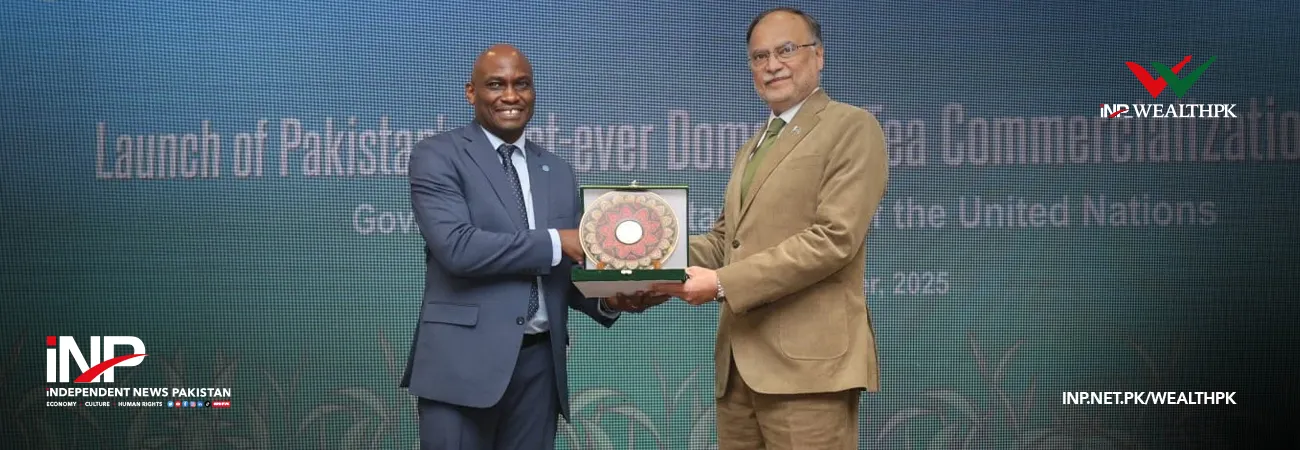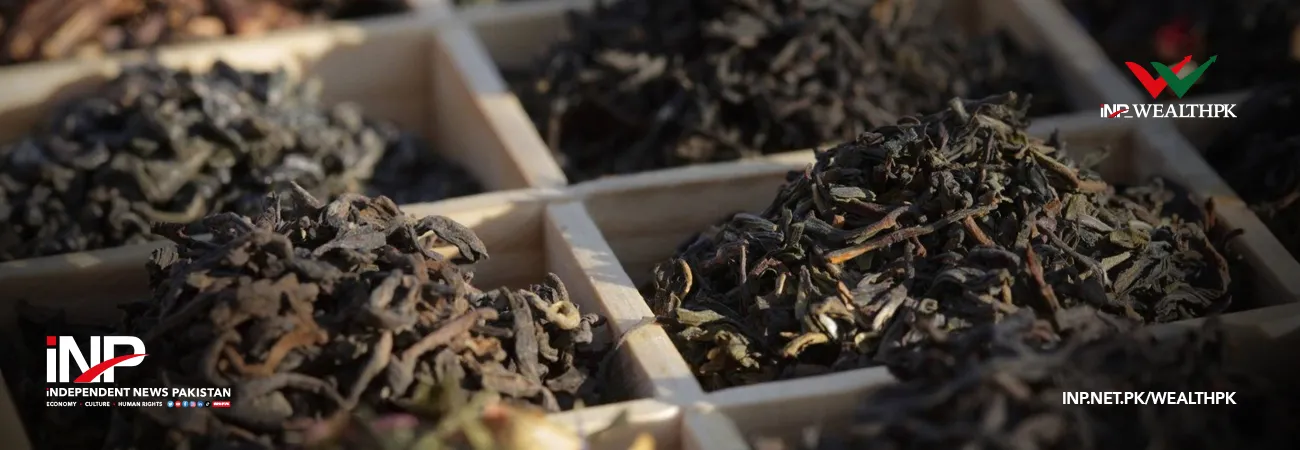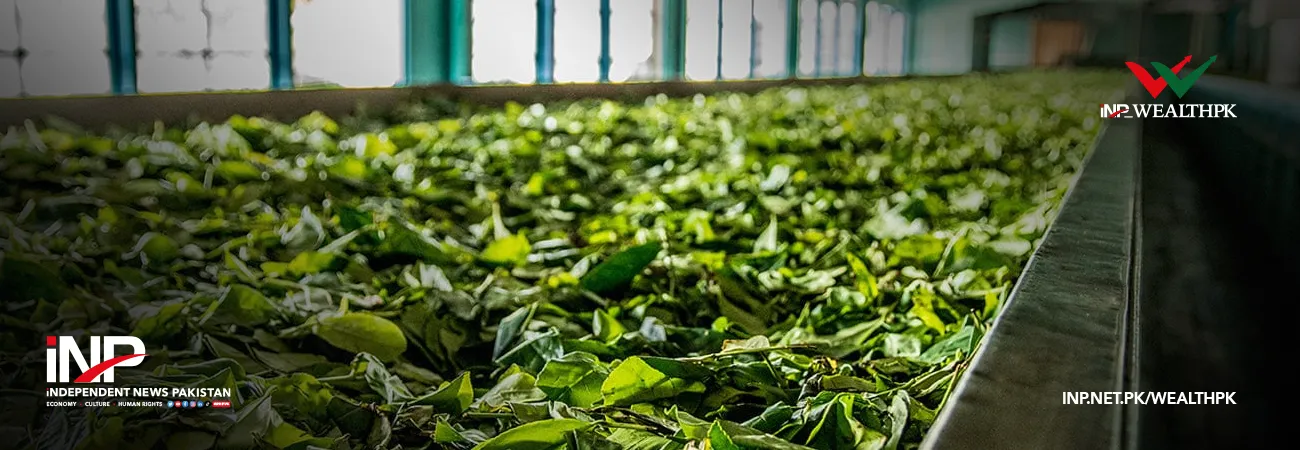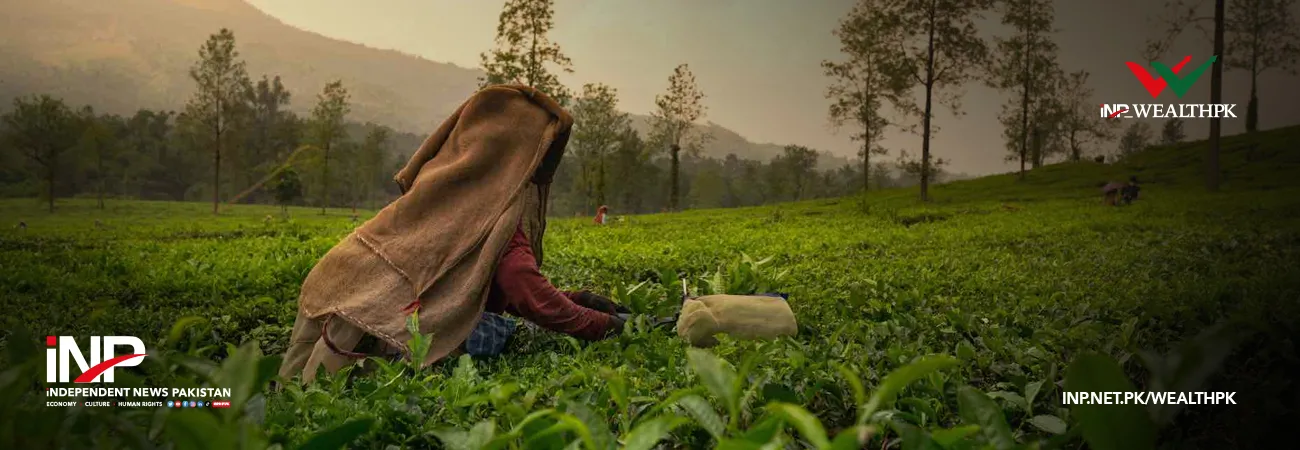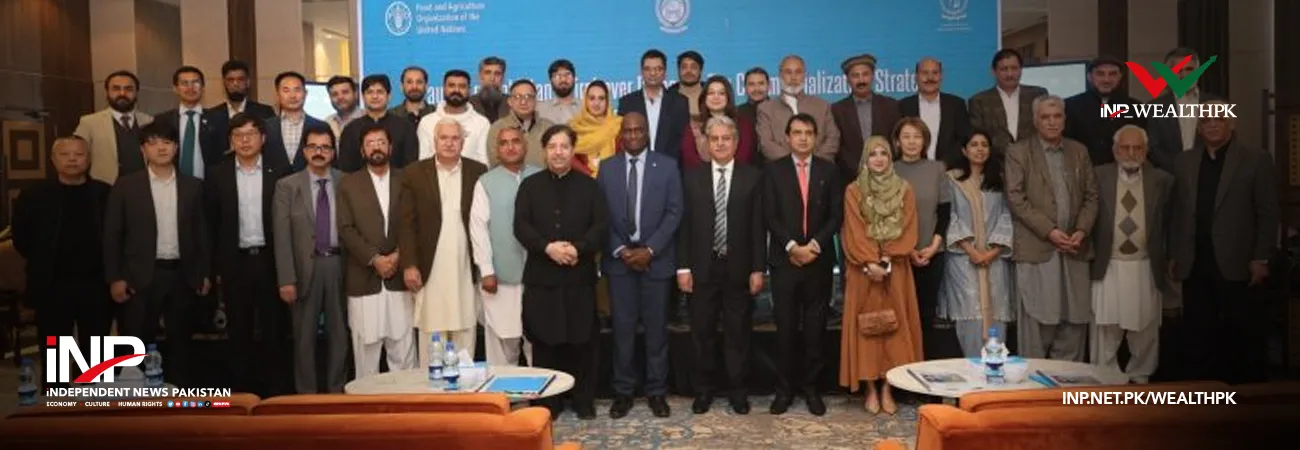INP-WealthPk
Muhammad Luqman
Pakistan’s Punjab province is all set to launch the country’s first-ever carbon credit project at a decades-old dumping site in the eastern city of Lahore to reduce pollution and mitigate climate risks.

The Mehmood Booti dumpsite, a landfill sprawling over an area of 43 acres on the western fringe of the provincial metropolis, has been accumulating waste since 1997. Over the years, it has amassed 13 million tons of municipal garbage, leading to severe environmental hazards, including toxic groundwater contamination, hazardous air pollution, and methane emissions. Carbon credit projects are initiatives that reduce, remove or prevent the emission of greenhouse gases (GHGs).
These projects generate carbon credits, which can be sold to companies or individuals seeking to offset their carbon footprint. “Ravi Urban Development Authority (RUDA) is taking a historic step toward environmental sustainability by rehabilitating the Mehmood Booti landfill,” Rai Muhammad Bilal, Project Director of the Carbon Credit Initiative, told WealthPK.
The official said the rehabilitation project included initiatives such as capturing methane, leachate treatment [which treats leachate, a contaminated liquid that drains from landfills or waste sites] and transforming the site into an urban forest and solar park. “This project not only addresses severe environmental challenges posed by the 13 million tons of waste accumulated over decades but also introduces innovative solutions to repurpose waste into hydrogen energy,” Bilal said.
He said the initiative aims to reduce pollution, cut carbon emissions by one million tons over 15 years and align Pakistan with global sustainability goals. The RUDA official said this project involved a Rs5 billion investment, making it one of Pakistan’s most ambitious environmental initiatives. “With an expected issuance of 100,000 tons of carbon credits per year, it will generate Rs2 billion in revenue annually, reinforcing Pakistan’s climate finance strategy,” the RUDA official said.
He said that captured methane will either be converted into energy or flared using advanced gas recovery technology, significantly lowering GHGs. The environmentalists have supported the RUDA carbon credit project, calling it a wonderful initiative aimed at addressing the issues of waste, smog and water contamination.
“The expected outcomes sound promising, but there are also a few challenges. The key factors that will be affecting the project’s success would be effective methane capture, stability of carbon credit market, environmental risks, and geopolitical issues,” Dr Ejaz Ahmad, Senior Research Fellow at the Institute of Urbanism, said. In an interview with WealthPK, he said that the project will primarily rely on the global carbon market, which is still in the development process.
“Since the project is first of its kind, its results will help in changing the trends in the country, and maybe in the region. Any positive result will lead to the generation of financial resources, green energy, and carbon offsetting,” Ahmad hoped. While the economic returns from carbon credits and environmental improvements are promising, geopolitical tensions, market volatility, and community engagement remain critical risks.
The project’s alignment with global sustainability practices and Punjab’s green policies enhances its credibility, but long-term success will depend on transparent governance, transfer of technologies and their reliability, and adaptive planning. “Continuous monitoring of carbon markets and proactive engagement with environmental groups will be essential to maximise dividends,” the environmentalist said.
He said that there were a few initiatives in the South Asian countries related to carbon credits, including Pakistan, but the major focus of these projects is on forest conservation, renewable energy and energy efficiency. Through its successful mangrove-based carbon credit project in Sindh, the country has demonstrated that it can create opportunities through conservation of forest ecosystems, he added.
Ahmad said that if the Lahore project proved successful, it would be very easy for the authorities to replicate it in other parts of the country like Karachi, Faisalabad, Multan, Peshawar, Quetta, Hyderabad and the capital, Islamabad.
Credit: INP-WealthPk





